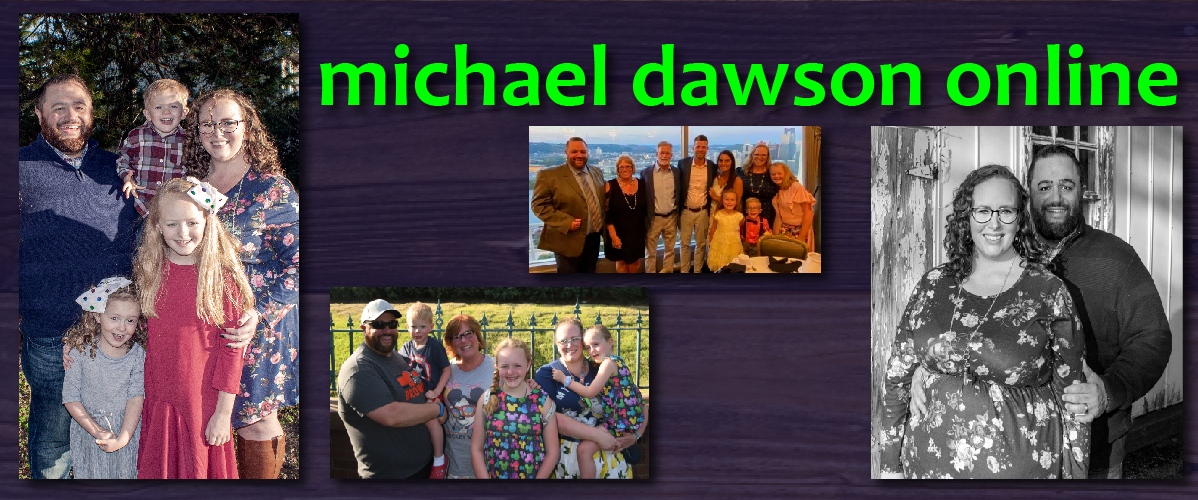The following is part of a series on generations and what I have learned about them.
What defines the characteristics of a generation? I believe there are several factors at play when the characteristics of a generation are formed. Some of these include the parents they were raised by as well as the domestic and world events during their formative years. Yesterday we talked about the Greatest Generation and the Silent Generation. Today we are going to lay out a few more of those characteristics and how that might have an impact on the church. As we do so, please understand this is a generalization of entire generations.
The Baby Boomer Generation 1946-1964
This was the first generation during the recovery of the Great Depression and the WWII. During this time of plenty there was a major boom in birth rates. From 1946 to 1960 over 76 million babies were born. They were born during a time of economic stability as well as the pushing of new frontiers in social and philosophical realms. This generation grew up as the healthiest and wealthiest generation of all time. Because of this they expected to the world to improve with the passage of time. They saw the assassination of President Kennedy, the moon walk, the court battle of Roe V. Wade, and the rise of sexual freedom. From these things this generation sought an experimental spirit, individualism, a free spirit, and became interested in many social issues.
There are some startling statistics about this generation when concerning church attendance. Out of this generation of 76 million people, 42% left formal religion, that means 31.9 million left formal religion. Out of the original 76 million only 33% stayed in the church, which is roughly 25 million of the generation. Out of the 42% who left religion, only 25% have returned to the church, which is roughly 8 million people. That means out of 76 million from this generation only 33 million are involved in the church. That is less than half of the generation. Now the people who remained from childhood are active participating members in congregations. However, the ones who left and came back tend to be less active members and more liberal on issues pertaining to abortion, homosexuality, and other similar issues.
Friends, this may be one of the most difficult generations to deal with. I am not normally one to place blame, but I believe many of the issues we face in today’s culture; like redefining of the family, widespread acceptance of sexual promiscuity, and many other once forbidden lifestyles, are brought about by this generation. This generation became comfortable with the world their parents, the Greatest Generation, had created for them. They have grown up in plenty and have expected things to be handed them. They are willing to work, but sometimes they have unclear objectives at hand. For this generation many absolutes are not part of their vocabulary. I also believe this generation varies a great deal as well depending on the region of the country where they were raised.
With this generation there are two areas to target. The first is a little bit more difficult than the second. This first area is rebuilding a Biblical foundation. Teaching what God desires from his children. It is also returning to a Judeo-Christian set of morals and principles. It is teaching that God’s Word is infallible and inspired. This is also a group that is hard to motivate to take part in the growth of the church. There has to be at times some serious arm twisting to get them involved. But unfortunately sometimes when you do get them involved the long term commitment is not there. This presents major challenges to our churches.
The other part of this group is not as difficult to work with. In fact they are easy to work with. They are similar to the Silent Generation in the fact that they have taken what has been passed on to them and brought it to the present day. This is one of the most educated generations of all times. Because of that they are like the Greatest Generation. They are not about change for the sake of change, but if they see that it is for the right reasons, they are easy to jump on board with it. Working with this segment of this generation is truly an enjoyable experience.
Tomorrow we will look at Generation Jones, Generation X and Generation Y.

No comments:
Post a Comment